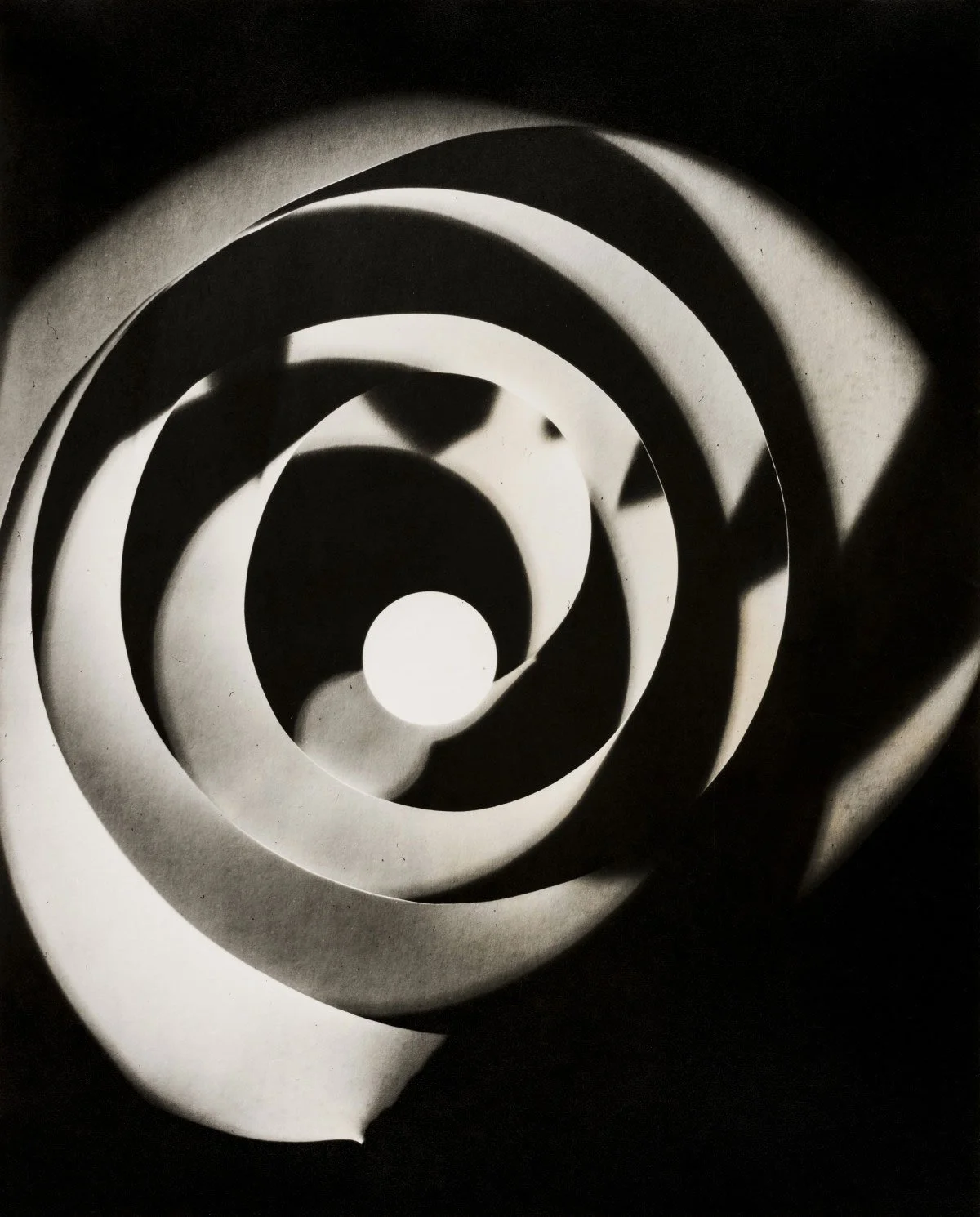Automatic Writing
I am afraid of automatic writing. Somehow the idea of not-thinking and just-writing is scary. Call it the trepidation of the blank page. Consciously this presents itself as a fear of writing badly, but from what I know of the unconscious, this is probably a ruse, or conceit made by the censor; really what I am afraid of is writing something true—excuse me, something uncomfortably true; in short, I am afraid of losing control. In my own analysis this same fear shuts me up. I run out of things to talk about. I draw a blank. This blank is resistance in its most common form; my conscious mind produces a screen, a mute emptiness. It’s like all my thoughts get scared and run away. I am never more empty-headed than in certain moments in my analysis.
Lately in my writing life I do not have this block. I am never blank but always have 9 different projects running at any given time. This super-fecundity is probably an intractable form of resistance in its own right. I mean if we think of writing as an attempt to express the inexpressible dynamo, and I think it is, then one problem of always having something to say is that that something might itself be clinging to habitual sense-making; one ends up saying the same thing over and over again. I mean I hope not.
Laplanche describes how the development of thought is pulled by the exigency of the unconscious from the flat circle of repetition into a deepening spiral; still a repetition but now with a minimum of difference.
In the entry on Automatic Writing, Wikipedia gives the curious and telling definition of this method that it is both, on the one hand spirit writing, or psychography, an ancient technique for communicating with the spirit world, most readily available to contemporary occultists as the Ouija board, and on the other hand it is the method of the Surrealists. In 1919, Andre Breton, his mind scorched by the war, and fed up with the writerly need to develop a voice, borrows the free-associative method from psychoanalysis and turns it into a whole genre.
Whether you are automated by spirit or the unconscious perhaps little matters in the face of its immediate result: writing something that gives you a shock. This phenomena feels, to me, flat out druggy, like I’ve been dosed. Surprise, wonder, euphoria, a certain amount of anxiety. This is one of the more uncanny effects of writing; that one can feel at times that someone else is writing through you—what was once the Greek muse but that is now what..? The dynamo? Fernando Passoa, who wrote with several pseudonyms, would often have the weird feeling that his writing arm had been commandeered by an alien to write on its own accord and in an alien voice.
I would hazard a guess that one of the necessary acts of art-making, of any variety, is precisely this loss of control; a surrender to some other larger force. A force that psychoanalysis colloquially refers to as the drive, but that has had many names throughout history. This provisional surrender of motor function to drive energy in the creative act is sublimation in its most exalted form and I can imagine a kind of art-utopia in which diverse persons channel the drive towards the production of art, as opposed to, say, the production of violence.
The other highly weird implication of automatic writing rarely ever mentioned is that it suggests the phenomena of automatic reading. Like when you are reading, or experiencing an art-work, some part of you is receiving the content without your conscious awareness. The text is transmitting to something quite outside of your interpretive-apparatus. I think this is probably similar to what Susan Sontag called an erotics of art.
Rayograph (Spiral), 1929, Man Ray

